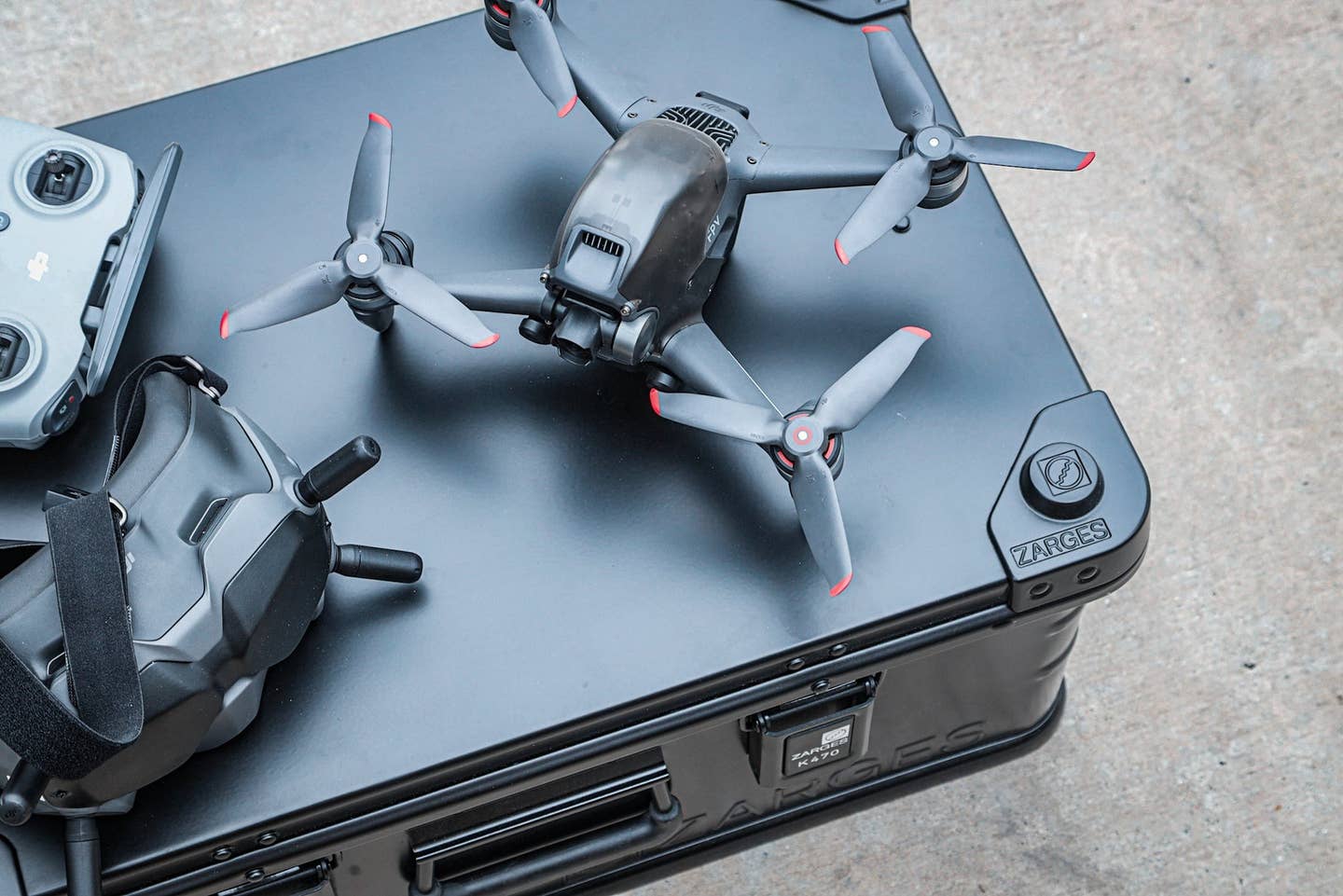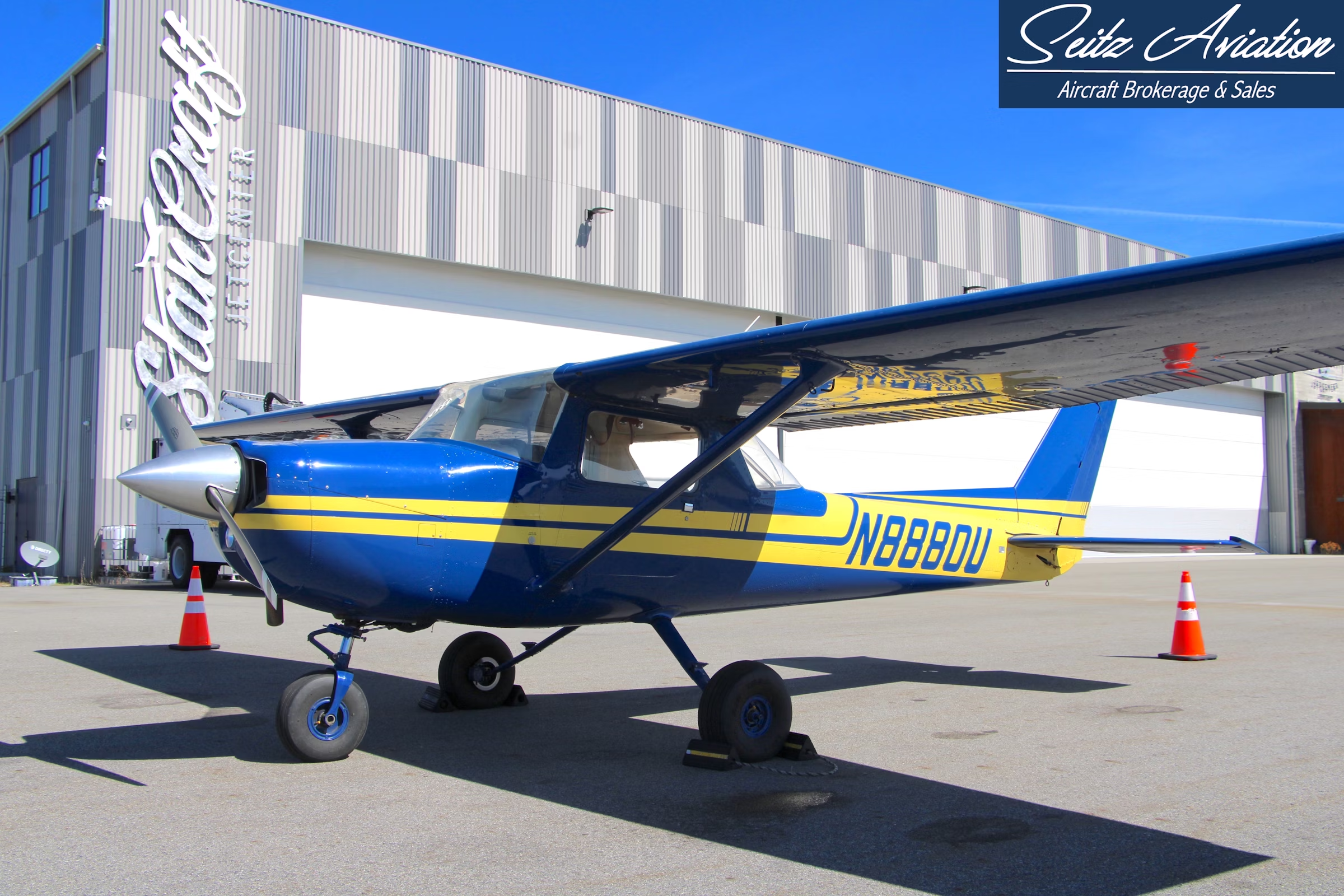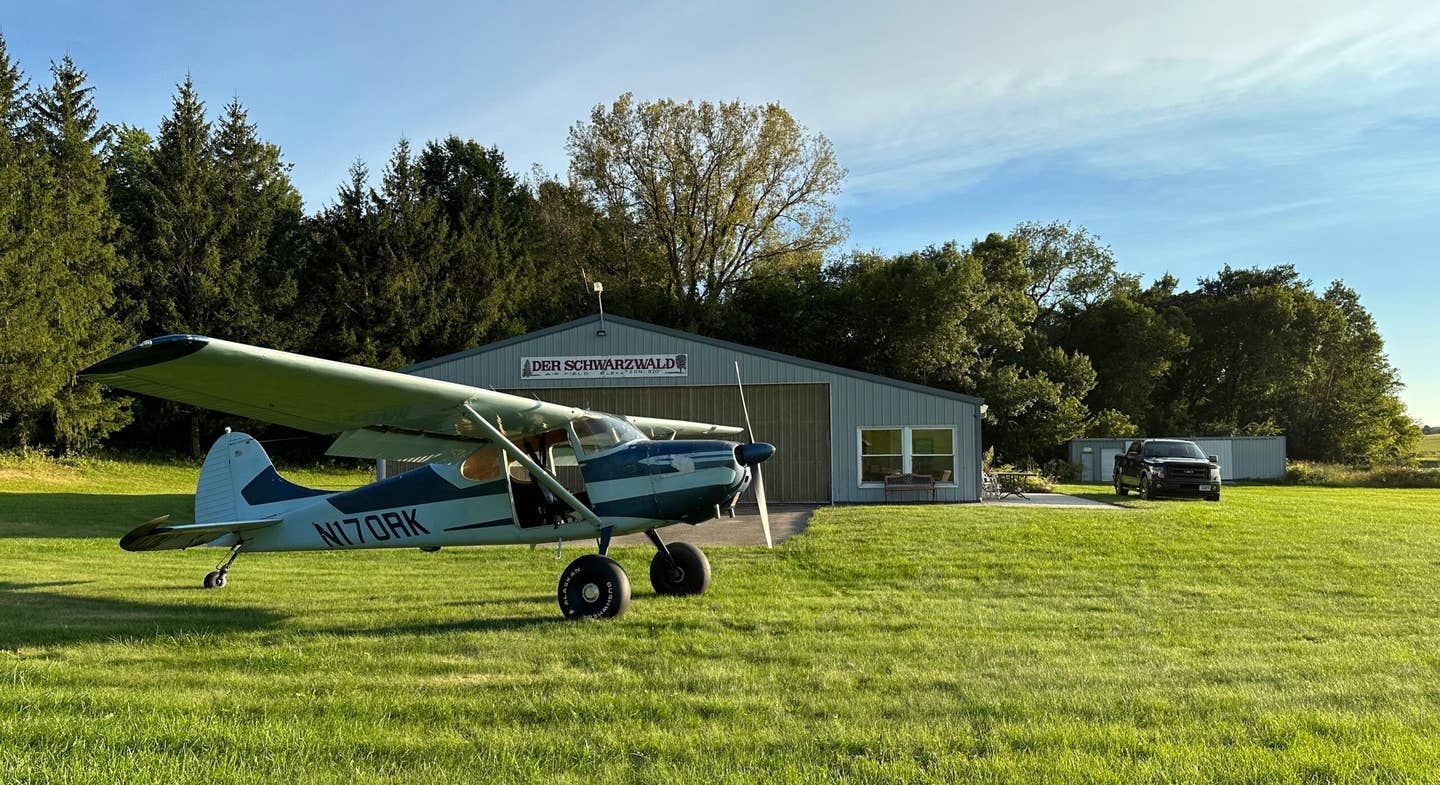
Single pilot operational safety remains a key focus for the NBAA’s Safety Committee. Socata photo
The National Business Aviation Association's (NBAA) Safety Committee released its annual list of Top Safety Focus Areas, addressing the most pressing issues facing the broad array of business aviation operations. The Safety Committee evaluated accident/incident statistics, operational safety data and robust hazard reporting information to determine this year's priorities.
The 2019 Top Safety Focus Areas are to reduce the risk of loss of control-inflight (LOC-I), the risk of runway excursions and of aircraft ground operations and handling incidents. The committee wants to improve the safety performance of single-pilot operations, the use and sharing of human-reported and automated safety data and defenses against automation mismanagement. The committee said the foundations for safety remain unchanged and underscore competencies that enhance operational safety including professionalism, safety leadership, risk management, fitness for duty and technical excellence.
Tom Huff said, “The 2019 NBAA Top Safety Focus Areas represent those actionable and impactful items that all organizations need to address to improve business aviation safety.” Huff is the aviation safety officer for Gulfstream Aerospace Corporation and chair of the NBAA Safety Committee. “It is important to the Safety Committee that business aviation operators keep loss of control – inflight, controlled flight into terrain and runway excursions in focus since these risks remain in the majority of business aviation accidents.” He added that the continued focus on single-pilot operations can help the Safety Committee Single Pilot Working Group and industry effect positive change, making the biggest impact in improving business aviation safety. “There are few hazards unique to single-pilot operations – the hazards are just magnified,” Huff said. “NBAA is reaching out to aircraft-type clubs and local and regional groups, to highlight the association resources available to single-pilot operators, recognizing they often don’t have the support infrastructure of larger flight departments.”
Although several topics remain on the list from previous years, one topic – safety data – has been modified for 2019 to emphasize that collecting data is not enough. Operators need to share their findings with a broader audience to have a greater impact on safety, noted Paul Ratté, director of aviation safety programs at USAIG and Safety Committee team leader. "Illuminating ways to improve an already safe and stable system is a challenge, but that's the worthy goal of putting this list forward," said Ratté.

Sign-up for newsletters & special offers!
Get the latest FLYING stories & special offers delivered directly to your inbox






